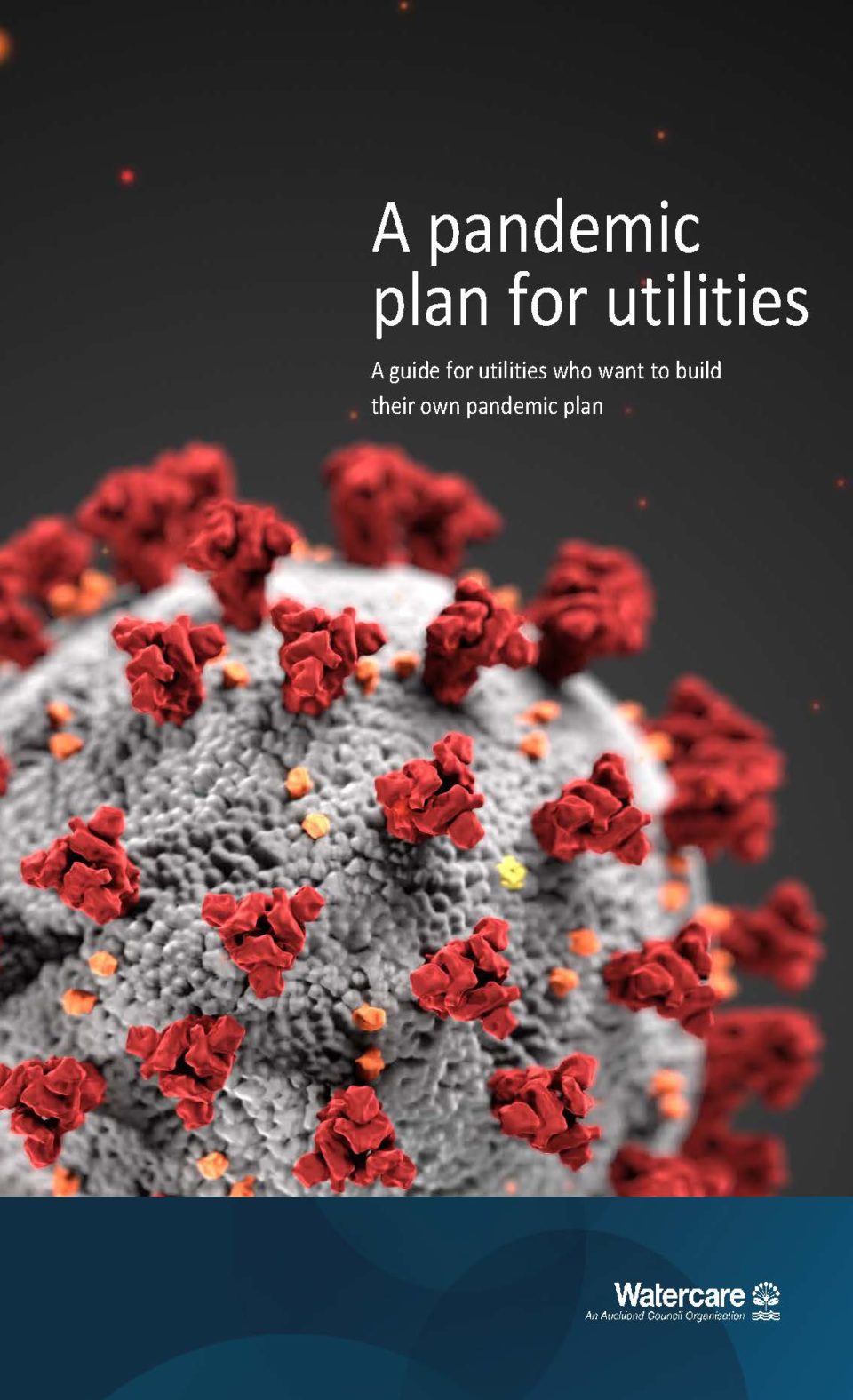Towards the end of last year Watercare, our largest water and wastewater utility, released an interactive pandemic plan under the Creative Commons license (CC BY), with the aim of helping other utilities and large organisations anywhere in the world better prepare for future pandemics.
Releasing the plan under the CC BY means any organisation can adapt, implement and distribute the plan so long as they work within the parameters of the license.
Watercare says it pandemic plan was forged from the learnings gained during the pandemic and its response as the organisation moved through the different alert levels.
“The plan was created by staff from within Watercare and will form part of the organisation’s ongoing work on business continuity and disaster preparedness,” it says.
“It incorporates Watercare’s initiatives, framework, processes and systems which were both developed and improved during the pandemic.
“Watercare is the biggest water utility in the New Zealand market and the plan has been thoroughly tested across our business.”
Elements of the plan (which have been presented as a toolbox for other utilities and organisations to adopt/adapt) have been refined during the varying stages of the pandemic and during the testing process.
“We believe we’re one of the few organisations anywhere in the world to share a pandemic plan in this way,” says Watercare acting chief financial officer Nigel Toms, who is also a chartered management accountant and certified member of the Institute of Risk Management.
He is also the technical author of PAS 60518 titled; “Developing and implementing enterprise risk and resilience management (ERRM) in utilities”, recently published by the British Standards Institution.
As acting chief financial officer at Watercare, Toms holds responsibility for its financial control, supply chain, property, legal, internal audit, risk and resilience functions.
When asked if it was not unusual for a city water supplier to spend resources on a universal health plan of any nature that would normally come under one of the Government’s health agencies/departments, Toms said; “A pandemic plan is much more than just a health plan, it’s about keeping operations going for the 1.7 million people who rely on the service, while ensuring the health and safety of all concerned.
“By their very nature, pandemics with new pathogens are unpredictable. Watercare has developed its pandemic plan to address its specific operational requirements, ensuring continued operation and provision of services.
“Only one additional resource was employed to help formulate Watercare’s pandemic plan. Watercare’s approach was to apply an adaptive mindset, while utilising the knowledge and expertise already present within the organisation to formulate the plan.
“The plan is built on the backbone of robust, integrated risk and resilience practices which the organisation was already using to address and tackle incidents – large and small.
“It is a rich resource comprising an interactive plan with guidance, videos, samples and templates which will be of use to utilities and the wider business community.”
Toms adds that as “a living document” the plan will be reviewed and revised regularly.
“We intend on releasing further iterations of the plan to a global audience on an ongoing basis. One thing Covid-19 has taught us is that our day-to-day environment can change at a moment’s notice, so it’s important that the plan can be easily adapted.”



